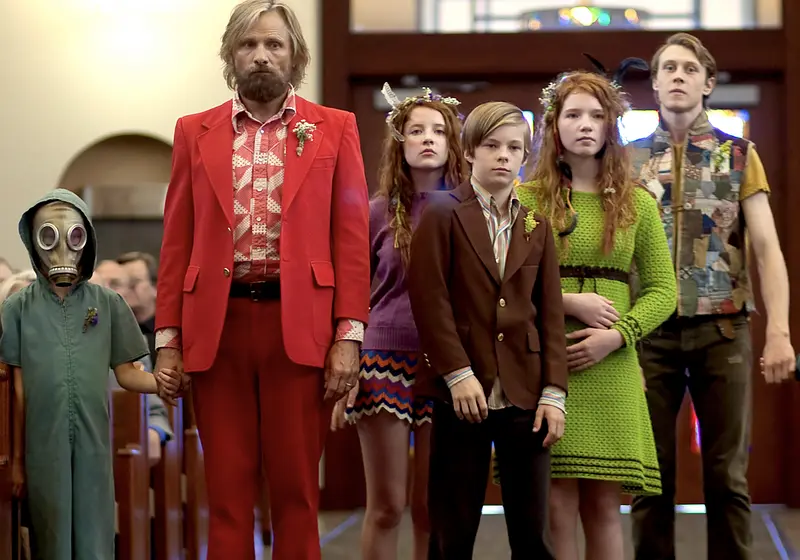As a foreign exchange student who only started studying in the United States four years ago, I found myself in an extreme combination of Chinese and American education systems. I was adapting to the new American system while maintaining the traditional Chinese one, and to this day, I can’t believe how I made it through.
If you are like me, then you might remember being pushed hard by your parents; maybe your childhood is a nightmare when you think about it. In my culture, parents are prone to make decisions without the consent of their kids. One big, common thing in my culture was to sign up for classes or tutors that go way beyond their kids’ level.
For example, some parents might force their kids to learn calculus while they are only in elementary school; this is not an exaggeration. Why are Chinese parents doing that to their kids? Sheer numbers of China’s population are a key component to competitiveness among peers.
There is not enough time and effort to judge the well-rounded student out of 25 million high school seniors in China; it all comes down to one test. For example, you may not know that in China all high school students only have one chance each year to take a test that includes all subjects. The score of this test is the only determinant of what university they can go to–in other words, their whole future.
That is why parents view academic competitions, awards, and scores as more important than any other aspect of their kids’ life because these things decide the value of their child in society. No matter how talented their child is in another area, the parents were rarely proud of them. This is how cruel Chinese education is.
However, it is a completely different situation in the United States. It seems like every school values the student's ability to be well-rounded rather than a student's sole focus on academics. For example, music, clubs, and sports teams are indispensable components of American education.
Schools provide many opportunities for students to explore all their potential and all the possibilities they could have in their future, offering a more inclusive system of schooling. However, one downside is that this system gives students too much freedom. From my perspective, many American students do not fully appreciate the value of their freedom. As a result, some kids lose their ability to act and think critically or creatively because they lack their parents’ control and supervision.
But, as a Chinese student, I admire that American students make their own choices about what they want to become rather than the schools or the parents, even if it has another side. Can you imagine living in these two extremes: what seems like total control or total freedom?
As a young Chinese student, I never realized how stressful my childhood was or what living in two extreme education cultures has done to my life—at least not until I watched the movie, Captain Fantastic. The film is about many things, but for me, it is about different extremes of parenting, education, and what it costs to find a balance.
The father, Ben Cash, loves his children. But the way he educates them is so intense that it seems crazy. He lives in the forest with his kids, teaching them academic courses, music, and even how to hunt wild animals for clothes, food, and shelter. Obviously, this is just weird to most people, but the father’s form of education meant that even his five-year-old kid knew about Marxism and had an opinion about it, which I doubt many university students could explain now.
On the other hand, the father’s sister, Harper, is a typical American parent. She chooses to let her kids “thrive” in the public school themselves. She completely trusts the school, and the movie implies that she drops her kids off in the morning, and expects the staff to do every job for her. The result is presented clearly in the movie: her kids don’t know how to think for themselves and appear (quite frankly) pretty stupid.
Ben Cash’s education style is quite different from the typical American one that offers students a lot of freedom while expecting interactions between schools, teachers, students, and peers. Instead, their Father takes full control of every aspect of his kids’ lives in such a wild and tough way that I seriously judged him most of the time. However, by the end, I changed my mind.
In fact, there is one scene in particular that not only resonated with me but helped me process my own experience of enduring two extreme systems. The scene also made me realize why the Father insisted on educating his children as he did even if he was frequently blamed and judged, not only by family and friends but mostly by his own children.
When Ben visits his sister Harper, two extremes clash. Harper is trying to convince the Father to send the kids to a public school because she believes the kids need various teachers, school facilities, and people their own age. But Ben proves the validity of his education by showing the gap between his kids and Harper’s.
Ben Cash’s youngest kid could recite and then analyze a portion of the American Constitution, whereas Harper’s kids, who are addicted to video games and in a typical school, could barely give a basic definition. In this scene, the Father’s stubbornness seems justified. His kids actually know how to think and have a large body of knowledge, while Harper’s kids not only lack the ability to think critically, but they don’t even seem to care.
Her kids didn’t seem embarrassed; they just wanted to leave to watch TV. Seeing the two worlds colliding helped me process my own experience of living at the strange intersection of two extreme education systems. For me, it didn’t come down to who was right and who was wrong, but that these were two very different philosophies.
The main difference between Ben Cash and Harper’s idea of education is the level of parental involvement. One side is too controlling, and the other is too easygoing. Hence, it is crucial to find a balance between these two extremes, which can lead to a combination of both that allows the kids to be both creative and critical thinkers. This also helped me think about Chinese and American systems of education, and how to find balance while living under these two extremes.
Under the stressful Chinese education system, I learned to relieve unnecessary pressure so that I didn’t feel like a robot, a machine that only focused on scores. On the other hand, under the comparatively relaxing American education system, I tried not to be overly tempted by the many freedoms given to American students, and to be self-disciplined to use the opportunities and choose activities that I enjoyed.
I should be grateful for studying under these systems because I gained the ability to control myself and enjoy my life. However, I have to say that the process of achieving this balance isn’t easy.
Speaking as a Chinese student, if you come to an American school, it is often difficult to adapt to the emphasis on diverse clubs, extracurriculars, and sports. You are so used to focusing solely on academics, and many Chinese students are socially awkward and have very few friends. Gradually, you learn how the American system works, and you might begin to join the right clubs and activities, but this eats away at extra study time.
Many Chinese students I know feel trapped, suffering under a time management crisis that allows for academics, extracurriculars, and social life. Needless to say, this is very stressful. I believe many Chinese teens, or teens who have similar cultural backgrounds, have the same trouble as me.
Fortunately, Ben Cash helped me process this. He loves his children and expects a lot from them because he loves them. My mom pushed me so hard as he did to his kids, and I judged it.
When other kids were playing, I was studying. When the kids were sleeping, I was studying. When the kids were resting or enjoying life, I was studying.
But I am also grateful. Why? Because it established a foundation for what I am supposed to be and helped me not be too tempted by free time.
I know how to think for myself and manage my time. But, to be honest, I would still judge it. Only differently.
My mom’s position is understandable, or some of it is anyway. My education is different from the Chinese one because my mom was strict in both systems. From her perspective, she wanted to introduce me to more opportunities so that I have greater chances for a better future and not be restricted.
Now, I have so many paths that I can choose because of her. However, it really came at a cost to my childhood happiness.
I see what I’ve been through because of this film. It allowed me to think about the future choices that I need to make to be the person I want to be. This means I have to decide on the things that I value the most.
After nearly five years of struggle and adaptation, you’d be surprised if you look at my profile now. I don’t have the highest GPA in my graduating class; I don’t have the most impressive activity list; I am neither a star in orchestra nor the sports teams. But, so what?
I’ve been trying my best to engage in every activity that I believe has significance in my future life. I am not forced by anyone or for any reason at all: I enjoy them. And most importantly, I have much more sleep now!
The takeaway? You have to acknowledge who you are and who you want to be. This requires mental toughness and I know that.
For people who have extremely high self-expectation, it is not easy for them to accept that maybe there is a limit on what they can do. It took me a long time to realize that being the best in everything doesn’t necessarily mean anything because I was merely being a gear of the great wheel named education systems. I learned to define my own life and create my own education system.
I know that I suffered to find a path to that balance. But the gift of that pain is knowing that I am the person in charge of my life; I take full responsibility for myself. That is true education.




